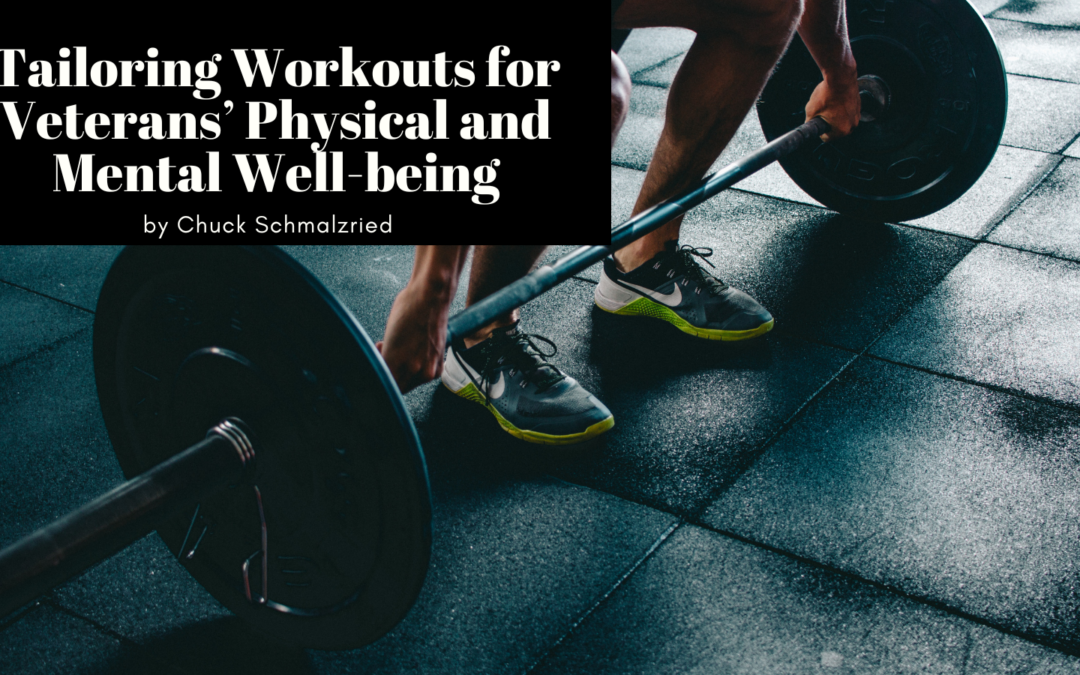Physical fitness is crucial for maintaining overall health and significantly promotes mental well-being for veterans transitioning to civilian life. Tailored workout routines can be instrumental in addressing the physical and mental challenges they may face. Here’s a closer look at how personalized exercise programs benefit veterans on their journey toward holistic well-being.
Adapting to Physical Limitations: Many veterans may have sustained injuries during their service, and it’s essential to tailor workouts to accommodate these physical limitations. Personalized fitness programs can be designed to focus on specific muscle groups, avoid exacerbating injuries, and include low-impact exercises that promote strength and flexibility without causing harm.
Addressing Mental Health Challenges: Veterans often grapple with mental health issues such as PTSD, anxiety, and depression. Tailoring workouts to include activities that resonate with the individual, such as yoga, meditation, or outdoor activities, can be beneficial. These exercises contribute to physical fitness and provide an outlet for managing stress and improving mental well-being.
Building a Sense of Camaraderie: The camaraderie experienced during military service is a unique bond many veterans miss upon transitioning to civilian life. Tailored group workouts, in-person or virtual, create a sense of community and shared purpose. This camaraderie fosters motivation, support, and a positive environment for veterans to engage in regular physical activity.
Goal Setting and Achievement: Setting achievable fitness goals is crucial for veterans to regain a sense of purpose and accomplishment. Personalized workout plans can include progressive goals, encouraging veterans to track their progress and celebrate achievements. This sense of purpose contributes to improved self-esteem and motivation.
Incorporating Therapeutic Modalities: Certain forms of exercise, such as aquatic therapy or adaptive sports, can serve as therapeutic modalities for veterans. These activities enhance physical fitness and provide a therapeutic outlet for managing pain, improving mobility, and fostering a positive mindset.
Emphasizing Functional Fitness: Tailoring workouts to focus on functional fitness is essential for veterans preparing for the demands of daily life. Practical exercises mimic activities of daily living, enhancing mobility, balance, and strength in ways that directly translate to improved overall functionality and independence.
Recognizing the Role of Nutrition: Comprehensive well-being extends beyond exercise, encompassing nutrition as a crucial component. Tailored fitness plans often include nutritional guidance, emphasizing the importance of a balanced diet to support physical recovery, energy levels, and mental clarity.
Mind-Body Connection Through Mindful Workouts: Incorporating mindful workouts, such as tai chi or Pilates, emphasizes the mind-body connection. These exercises contribute to physical fitness and promote relaxation, stress reduction, and improved mental focus. The mindfulness aspect can be particularly beneficial for veterans dealing with anxiety or hyperarousal.
